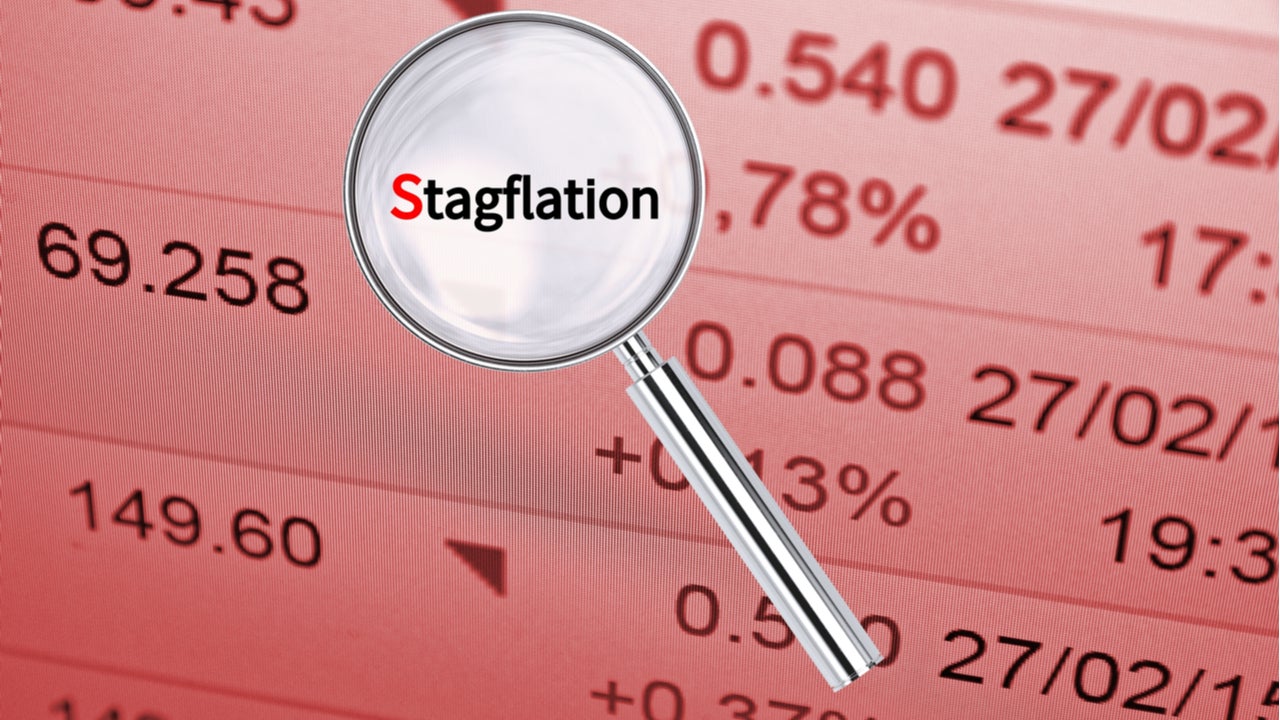Experts opine that the decisions taken by policymakers will play a key role in the long-term growth of the global economy and in ensuring financial stability.
Mohamed A. El-Erian
Mohamed A. El-Erian, president at Queens’ College, Cambridge University, shared his article on how the global economy is heading towards stagflation. The global economy was recovering slowly from the coronavirus pandemic but a surge in Delta-variant related cases in the US and China has slowed down the growth. Spending in several sectors including leisure and transportation has declined, while worker shortage is growing in advanced economies leading to higher and persistent inflation.
The higher inflation rates are putting pressure on central banks to scale back stimulus measures and structural policies that are needed to boost productivity and ensure long-term economic growth. Some experts believe the stagflationary trends will disappear once Delta variant-related cases and supply chain disruptions subside. Others, however, believe that the stagflationary trends will intensify as stimulus packages and unemployment benefits expire.
El-Erian opined that either scenario may not persist in the future and called for cooperation among national and international financial entities to strengthen regulation measures that will ease the inflationary pressures and ensure financial stability. The stagflationary trends indicate the need for comprehensive economic policy measures, he added.
What to make of the stagflationary winds blowing through the global #economy?
For the reasons detailed here, they should be taken seriously, and are likely to be a feature of the journey but not of the destination?https://t.co/Ax8fRIjAqv#economy @ProSyn #inflation #stagflation— Mohamed A. El-Erian (@elerianm) September 23, 2021
 GlobalData Strategic Intelligence
GlobalData Strategic IntelligenceUS Tariffs are shifting - will you react or anticipate?
Don’t let policy changes catch you off guard. Stay proactive with real-time data and expert analysis.
By GlobalData
Christophe Barraud
Christophe Barraud, chief economist at financial services firm Market Securities, shared an article on how European Central Bank (ECB) policymakers are expecting inflation to rise above projected levels signalling the need to end the €180tn ($2.16tn) Pandemic Emergency Purchase Programme. The ECB plans to take a decision on the bond purchases in December projecting an inflation rate to ease in 2022-23.
Policymakers at the ECB, however, opine that the inflation rate predicted by the ECB at 2.2% this year, 1.7% in 2022 and 1.5% in 2023 are too low. Inflation may exceed 2% next year against the ECB policy that has estimated inflation to undershoot the target. Supply chain bottlenecks, staff shortages and a steady influx of cash into the economy from private savings and stimulus programmes were contributing to the rise in inflation.
The ECB, however, expects the supply chain bottlenecks to ease next year and commodity prices to decline leading to a fall in inflation rate after the current temporary rise. Experts, however, opine that inflation is not completely transitory as predicted by the ECB and only a small number of transitory factors will be needed for inflation to remain above predicted levels.
🇪🇺 #ECB braces for sticky inflation; eyes end of emergency stimulus, sources say – Reutershttps://t.co/JbXNWAQfpX
— Christophe Barraud🛢 (@C_Barraud) September 23, 2021
John Appleby
John Appleby, chief economist at Nuffield Trust, an independent health think tank, shared an article on how the national insurance hike proposed by the government will impact the National Health Service (NHS) and care workers with a tax bill of £900m ($1,232m). The UK government announced last week that contributions to national insurance will increase by 1.25 percentage points to deal with the NHS backlog and pay for social care programmes.
The tax hike, however, is expected to increase the burden on healthcare workers and their families, according to the article. Health and social care workers will need to pay 12% of the £7.4bn ($10.12bn) planned to be raised through the tax hike, while the remaining £900m ($1,232m) will be paid by nurses and other health care workers.
NHS workers will have to pay £315 ($431) more in taxes annually due to the tax hike. Healthcare workers are already facing financial pressures due to the rise in consumer prices and cuts in benefits programmes. Experts have opined that the tax hike should be reassessed as it will disproportionately impact low and middle income groups.
https://twitter.com/jappleby123/status/1441048274585194502




